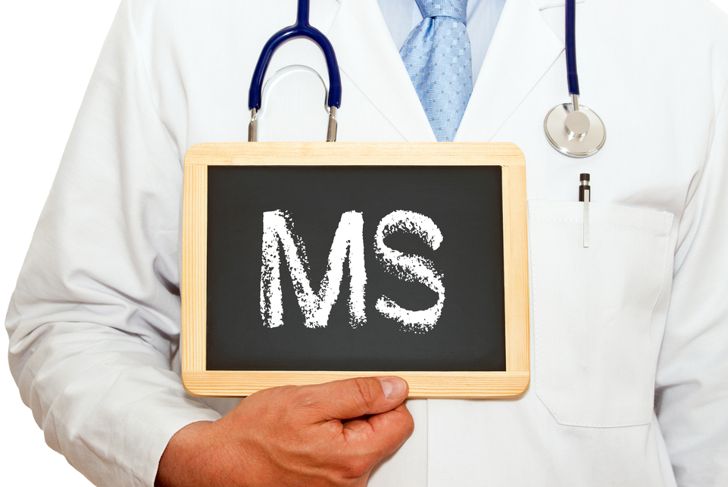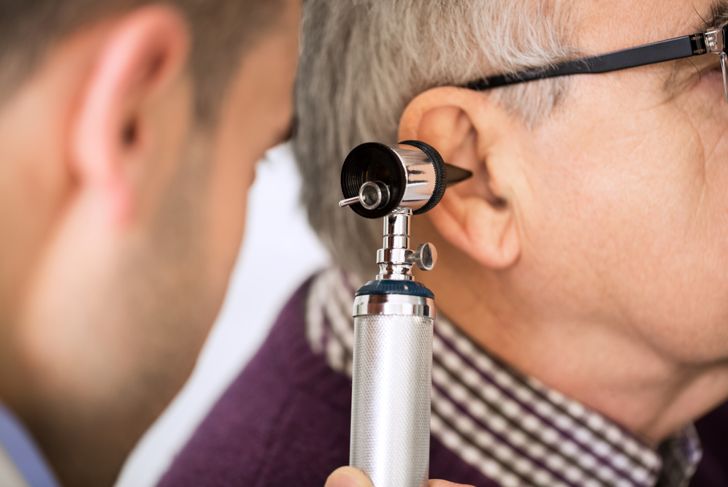Vertigo is the sensation that an individual or the world around him is spinning. Doctors divide vertigo into two categories. Peripheral vertigo relates to the balance inside the inner ear and could be triggered by infection, injury, or medication. Central vertigo is rarer and is usually caused by damage to the central nervous system. Vertigo can last for minutes, hours, or continue for days.
Benign Paroxysmal Positional Vertigo (BPPV)
Benign paroxysmal positional vertigo (BPPV) occurs when tiny crystals break off from the inner ear canal and overstimulate hair cells that are sensitive to movement. This “tricks” the brain into thinking that motion is occurring when it isn’t. It is the most common cause of vertigo. Certain head movements, such as bending down or turning to the side while lying in bed, can trigger dizziness. BPPV episodes generally last only a few minutes. The condition usually poses no dangers other than the risk of falling and does not require treatment. People over 50 are more likely to experience BPPV.
The Labyrinthitis Infection
The name of this infection refers to the network of tubes in the inner ear where it develops — the bony labyrinth, a portion of the inner ear that controls hearing and balance. Inflammation of these tubes can cause vertigo. Usually, a viral infection causes labyrinthitis, but bacteria can also lead to the illness. In addition to vertigo, an infected individual might experience ear pain, hearing loss, nausea, and fever.
Vestibular Neuritis
Vestibular neuritis refers to a nerve deep within the ear that connects the labyrinth tubes to the brain. If a virus infects this area, the bony labyrinth can become inflamed. The symptoms of vestibular neuritis often come on after a cold or upper respiratory infection, due to a virus. Vestibular neuritis has much in common with labyrinthitis, including many of the symptoms. Like labyrinthitis, it can cause hearing loss that is sometimes permanent. The symptoms could pass in just a few hours or persist for weeks.
Vertigo Caused by an Illness
Certain pre-existing conditions can trigger vertigo. For example, it is quite common for people with multiple sclerosis to experience episodes of dizziness. Migraines and diabetes can also cause vertigo. The latter is subject to dizziness when the condition causes the arteries to harden or narrow, reducing the flow of blood to the brain. Panic attacks can lead to vertigo episodes, as well.
Side Effect of Pregnancy
During the initial stages of pregnancy, bouts of vertigo may occur because hormonal changes affect the mother’s blood sugar levels; low blood sugar can also lead to dizziness. In later stages, vertigo may occur when a woman lies down on her back, a shift that can make the baby press against a vein that brings blood back to the heart. Pregnancy-related vertigo should cease following childbirth.
Traveling
Many people are familiar with seasickness or car sickness, which occur when a vessel is in motion. Vertigo can also develop as an individual disembarks from their mode of transportation. The transition from a state of movement to standing or walking on static ground can temporarily upset balance and cause dizziness. This type of vertigo should cease quickly, as the body re-establishes its relationship to its surroundings. Rarely, this sensation can persist for days or weeks. Persistent symptoms are more common in people who suffer from migraine headaches.
Too Much Time Lying Down
Some people experience vertigo after spending an extended time lying down, such as after being bedridden due to illness. Much like stepping off a ship, the body must reacclimate to its position and orientation. Again, this type of vertigo should pass quickly.
Ear Surgery
Although it is unlikely that ear surgery causes vertigo, some patients do experience it as a side effect. The problem often corrects itself without further treatment, though in some cases an additional procedure may be necessary. It is important to inform a doctor about any side effects following surgery. The physician will determine whether the severity of the issue and monitor the patient’s improvement.
Head or Neck Injuries
It is not uncommon for someone recovering from a head injury to get vertigo. How long vertigo lasts depends upon the extent and severity of the injury. Sometimes, neck injuries can cause cervical vertigo if the injury damaged nerves or blood vessels. In most cases, this damage should heal on its own in a few days or weeks.
Genetic Factors
Some hereditary conditions can cause vertigo. Meniere’s disease, a disorder in the inner ear that can lead to hearing loss and tinnitus, can also cause sudden and severe bouts of vertigo. Meniere’s tends to run in families, although it can also afflict people without a family history of the condition. A disease of the ear bone, called otosclerosis, is an even rarer cause of vertigo that can be linked to a genetic issue. About half of all people with otosclerosis have a gene that places them at higher risk of this symptom.

 Home
Home Health
Health Diet & Nutrition
Diet & Nutrition Living Well
Living Well More
More




















